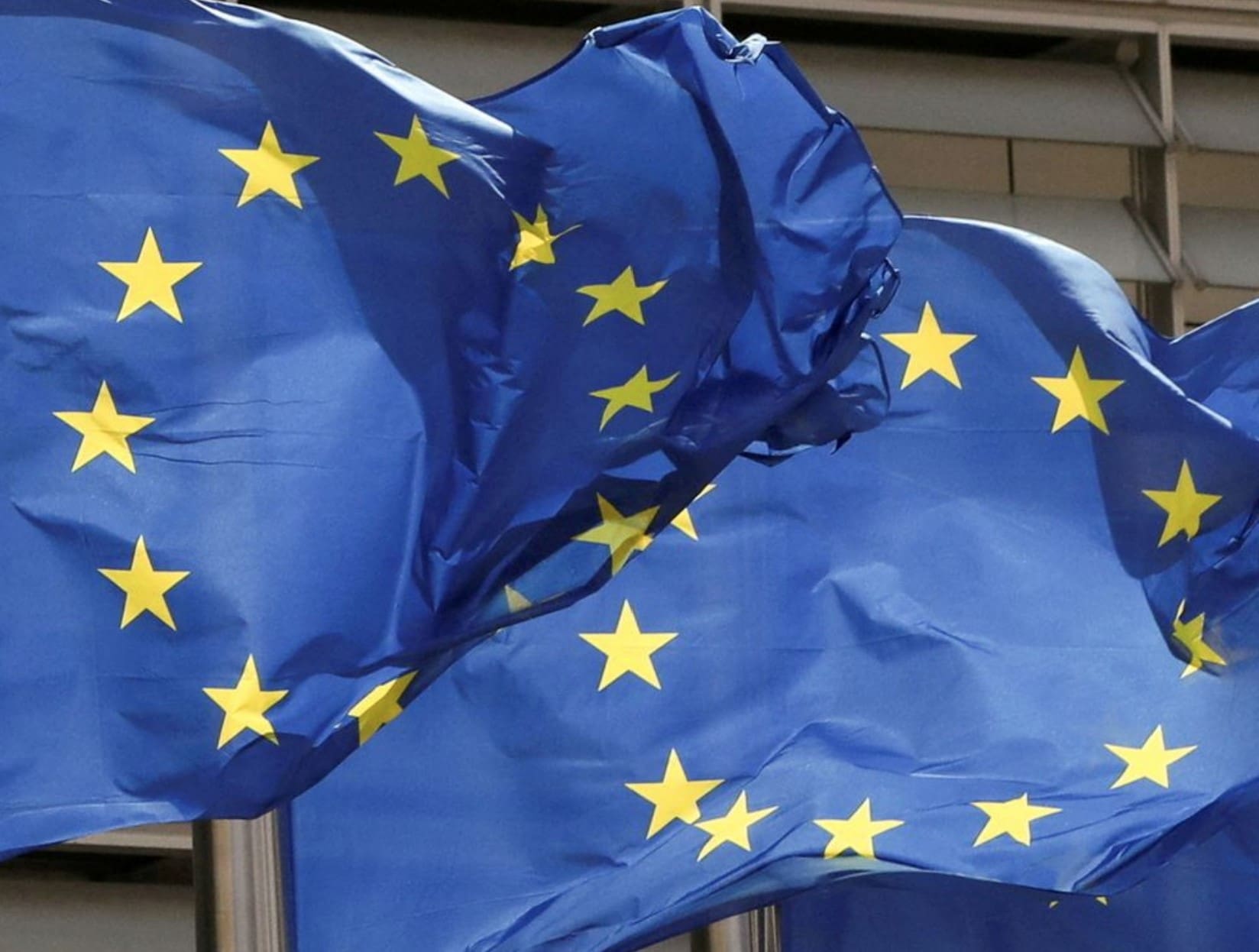On Tuesday, the EU Parliament approved two new laws of the Digital Services Package to make Europe’s digital landscape fairer for companies and safer for consumers. With an overwhelming majority, MEPs voted in favor of the Digital Services Act (DSA) and the Digital Markets Act (DMA), after the legislation went through faster-than-usual negotiations. The laws are the most far-reaching Western efforts to rein in technology companies and set a benchmark for the United States and other jurisdictions!
Digital Services Act & Accountability
The Digital Services Act (DSA) imposes a set of obligations and rules of accountability on online platforms, such as Google, Facebook, and Amazon, to tackle societal risks arising from the Internet. The operators will be asked to counter illegal content and products online, curb gender-based violence and hateful speech and provide more information about their content moderation practices and the way they use algorithms. Certain types of targeted advertising, like those based on sensitive data, such as race, sexual orientation, and religious beliefs, will be banned.
Digital Market Act & Gatekeepers
The Digital Market Act (DMA) is a new tool to enforce fair competition and targets so-called “gatekeepers”, platforms such as Facebook, Google, Airbnb, or PayPal that hold such a dominant position in their respective markets that are almost impossible to avoid for businesses and consumers. Companies face hefty fines of up to 10% of their annual global turnover for breaching the rules and as much as 20% for repeat offenses.
The DMA establishes a list of “dos” and “don’ts” for the companies classified as gatekeepers, those with a market capitalization of at least €75 billion or an annual turnover of €7.5 billion. Among other obligations, gatekeepers will have to make their services interoperable with smaller competitors. Gatekeepers will no longer be allowed to rank their own services more favorably compared to others or prevent users from uninstalling a pre-loaded app, like Gmail on Android phones or Apple Music on iPhones.
The Digital Markets Act is expected to enter into force in the coming months, but it will likely take until 2024 before large tech companies have to comply with the rules.
Global Benchmark
The new rules could set a global benchmark for tech regulation, the WSJ comments. Lawmakers in the U.S. have introduced bills that include elements present in the EU’s Digital Markets Act (DMA) aimed at reining in purportedly anticompetitive behavior by big tech companies.
